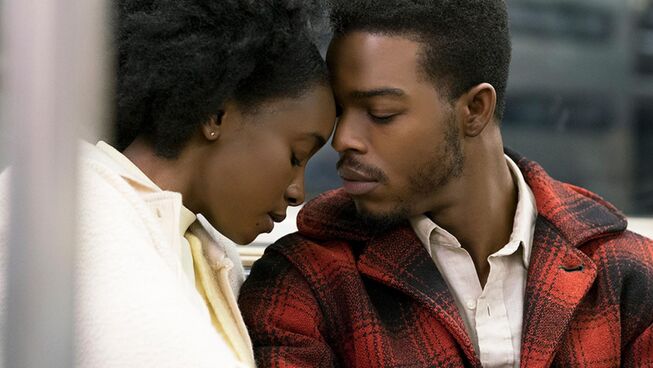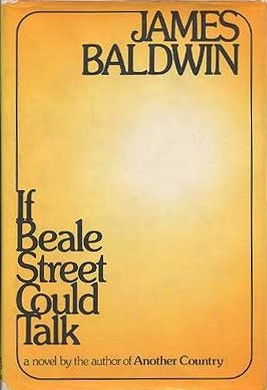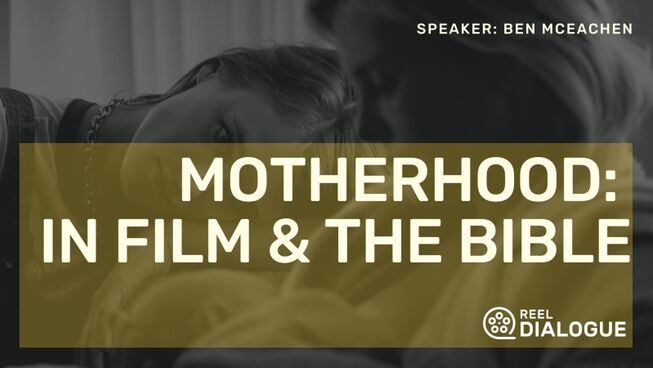
3.5 out of 5 stars
’Not everything that is faced can be changed, but nothing can be changed until it is faced.' - James Baldwin
Screenwriter and director Barry Jenkins unexpectedly and undeservedly ended up in the middle of one of the most controversial Acadamy Awards dramas in recent memory. When the Hollywood legend Warren Beatty read out the wrong name of the winner of the Best Motion Picture of the Year for 2016 as La La Land opposed to the actual winner, Moonlight, Jenkins’ little-known film was catapulted into the public awareness and history. Instead of capitalising on all of the publicity and talking on more significant film projects, he kept to the style and content that was closest to his heart.
Based on the 1974 novel by social critic and commentator James Baldwin, If Beale Street Could Talk explores the life of African-American families during the turbulent 1970s on the streets of New York City. A passionate romance between the beautiful, but innocent Tish (KiKi Layne) and her artist fiancé Alofonzo, aka Fonny (Stephan James) as they travel from family friends to lovers and then eventually as a devoted couple. During their blossoming relationship and as they plan for an impending family, Fonny is falsely accused of raping Victoria Rogers (Emily Rios), a Puerto Rican woman who is manipulated by the police to charge the young man with the crime.
Jenkins takes the audience through this painful, but compelling story through a series of flashbacks layered upon the realities of the present. He manages to depict the cultural dynamic of the African-American family of this turbulent era of social change. Often showing the vulnerability and fragility of the ties that bind the community together and how these difficulties bring out the best and worst in humanity.
The beauty and quality of the relationship between Tish and Fonny provide the hope that lifts this tragedy out of the mire. Throughout the highs of their budding romance, Layne and James give the chemistry needed to make their long-suffering love convincing. While Regina King (Miss Congeniality) delivers a tour de force performance as Tish’s mother as she does all she can to support her daughter and grandson.
If Beale Street Could Talk is as slow and methodical as Moonlight, but addresses different issues within the anguish experienced within the African-American population. He honours Baldwin’s writings and delivers an artistic depiction of this excruciating, but captivating story. Exposing some of the unfortunate realities of American history while showing life through the eyes of two star-crossed lovers who remain devoted to one another despite the vicious world that surrounds them. Jenkins artistic style may take some time to adjust to as a viewer, but the magic of the story is found in the love story and how they respond to adversity.
REEL DIALOGUE: Can joy really come out of tragedy?
Barry Jenkins pulls no punches when he expresses the social injustices of James Baldwin's novel. The experiences of Tish and Fonny seem to occur in a dream until they wake up to the nightmare that is found in the reality of life.

Jesus' story is one of tragic beginnings and a horrific end, but throughout the journey of his short time on earth this tale of potential woe does contain a certain beauty and offers hope to the world. His death is a symbol of joy everlasting for many and his life continues to provide overwhelming expectation of what is to be.
If you see your life as having little hope or joy, it may be a good time to check out the story of Jesus. Jesus offers people a hope in a forever that goes beyond your wildest dreams. The world Jesus opens to us goes far beyond the imagination of James Baldwin and Barry Jenkins.







